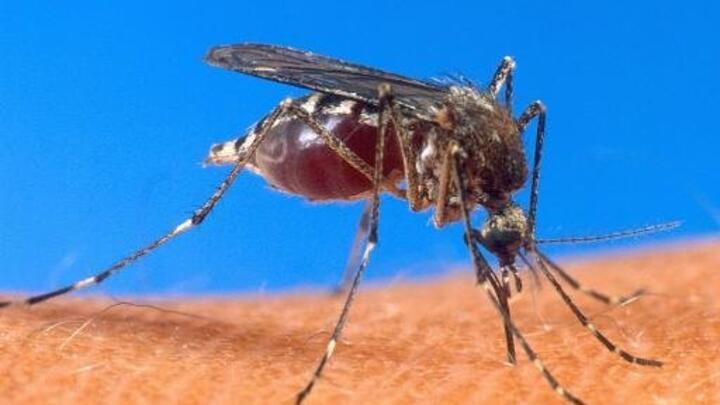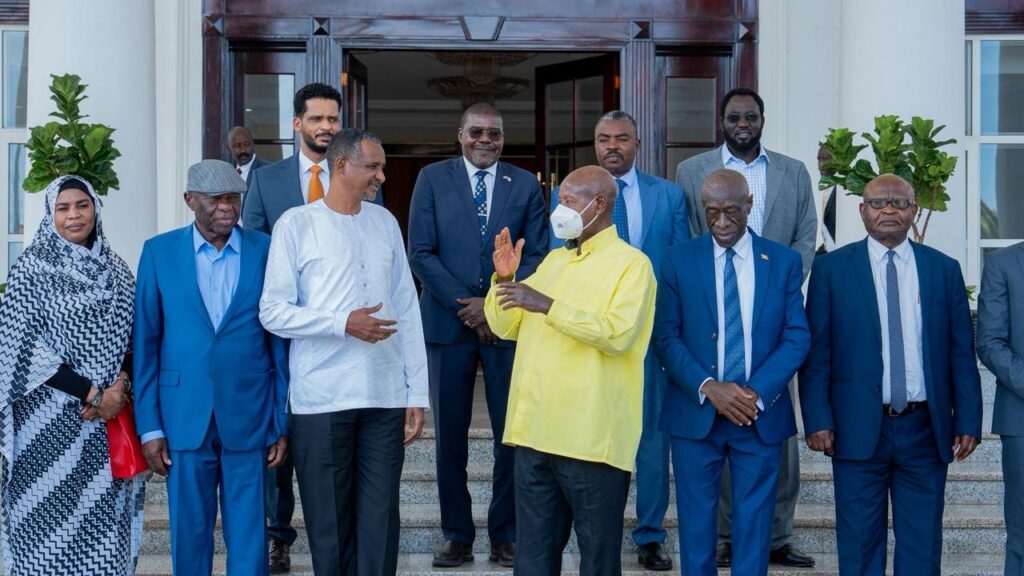
Medical sources in Nyala report a sharp rise in malaria and typhoid, with three separate clinics telling Darfur24 they now see 30–35 suspected cases a day. More than 90 confirmed primary and secondary infections have been recorded since the start of August at the reported centers, they said.
Clinicians warned of testing errors across local laboratories, saying many facilities rely on symptoms rather than taking samples to determine parasite load—raising the risk of mistreatment, since dosing protocols differ by severity.
Pharmacist Jalal Al-Sadiq said first-line treatments such as Coartem, artemisinin injections, and— for severe cases—quinine are available in some pharmacies, priced between 3,000 and 7,000 Sudanese pounds. But he cautioned that many medicines, often of Indian origin, reach Nyala through informal routes via South Sudan or Chad in four-wheel-drive vehicles, exposing supplies to poor storage conditions that can degrade efficacy.
Residents and health workers blamed the spike on the rainy season, stagnant water, and weak vector-control and sanitation services. Alongside malaria and typhoid, they reported unexplained diarrheal illnesses and a broadening cholera spread. Authorities have yet to announce comprehensive anti-mosquito spraying or waste-clearing campaigns to stem transmission, the sources added.




